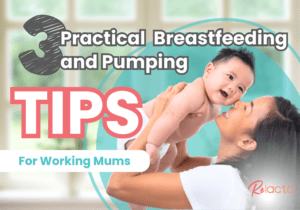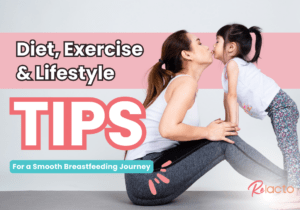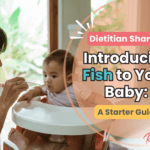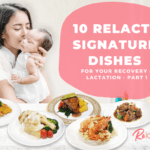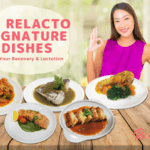Introducing Allergens to Infants as a Breastfeeding Mom
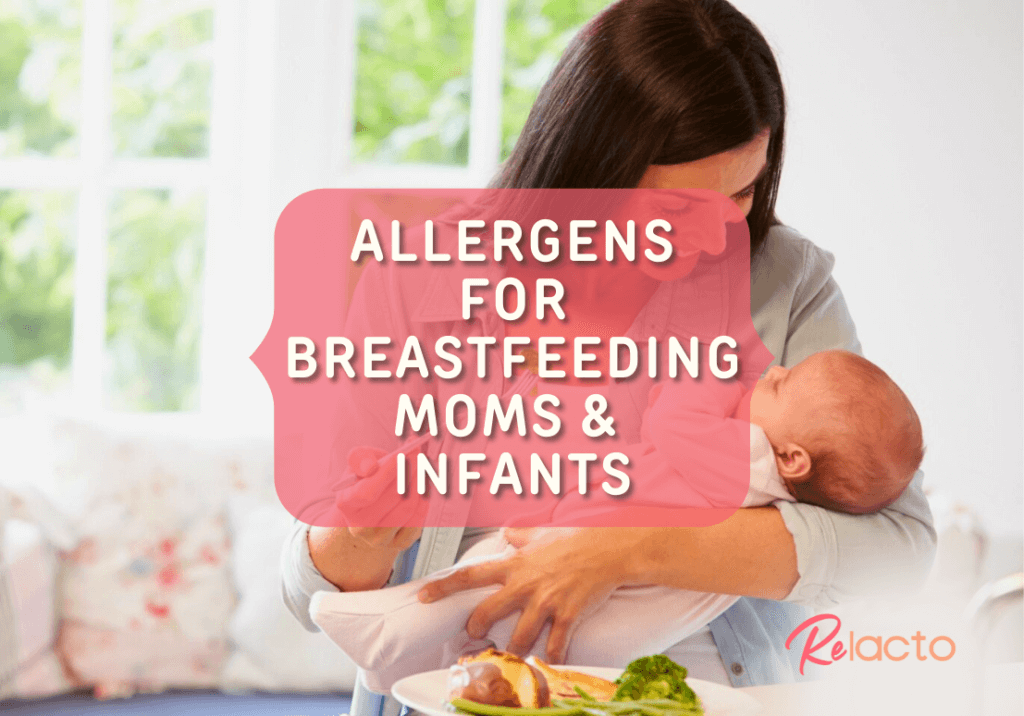
Did you know that if you are allergic to certain foods, there’s a chance that your child may also be allergic to the same foods? Of course, this isn’t always the case so before you intentionally cut down any foods that otherwise could have been beneficial for your little ones, try to get a medical doctor’s opinion on it. If you feel like introducing allergens to your little one, here’s how to go about it.
What are allergens?
Food allergy is a long-term immune system reaction due to the ingestion of food. There are 7 main food allergens internationally recognized in the medical field which are Fish, shellfish, Dairy, Soy, Peanut (Even tree nuts) Wheat and Eggs. The immune system, however, also reacts to other things that are not food, such as pet dander, dust mites, soaps, perfumes and fragrance. These triggers can cause allergic reactions that range from mild to severe.
Reducing risk of developing allergy in infants
Previously, the main recommendation was to avoid these allergenic foods or only introduce them much later in infants. However, recent studies that are well conducted like LEAP study and the EAT study have shown evidence that early introduction would reduce the risk of developing a food allergy especially in those infants at risk (with at least one allergic parent/ infants with an allergic sibling).
#1 Through Breastfeeding
Current recommendations in Singapore is to start as early as the first 6 months of life which is through breastfeeding!
- Exclusive breastfeeding for 3-4 months and continuing breastfeeding beyond may reduce incidence of eczema in the first 2 years of life. During this time, breastfeeding mothers do not need to avoid any allergenic foods unless she is allergic to it herself.
- Even if you are practicing non-exclusive breastfeeding beyond this duration, it will help to reduce incidence of wheezing in the first 2 years of life.
This works because maternal intake can affect what is in breast milk. As much as it has its allergenicity factor, these are healthy food to increase breast milk nutritional content and replenish the mother’s nutritional stores. For instance:
- Omega 3-DHA comes mainly from fish and seafood,
- Monounsaturated fats and magnesium comes from nuts and tree nuts and
- Good sources of calcium come from soy and dairy.
So the more foods you eat, the more types of different food flavours and protein allergenicity is exposed to your child. So that’s why it’s important for mummies to not unnecessarily avoid any foods and continue to have a balanced diet while breastfeeding.
#2 As soon as your baby weans
During weaning, foods like egg and peanut should be introduced no earlier than 4 months and up to 6 months once they are able to tolerate solids. They should be introduced in low doses and increased gradually and continued for a year of life. It is important to note that these feedings should be given during the daytime so that mummies have time to observe and respond quickly if there is any adverse reaction to the food.
Peanut
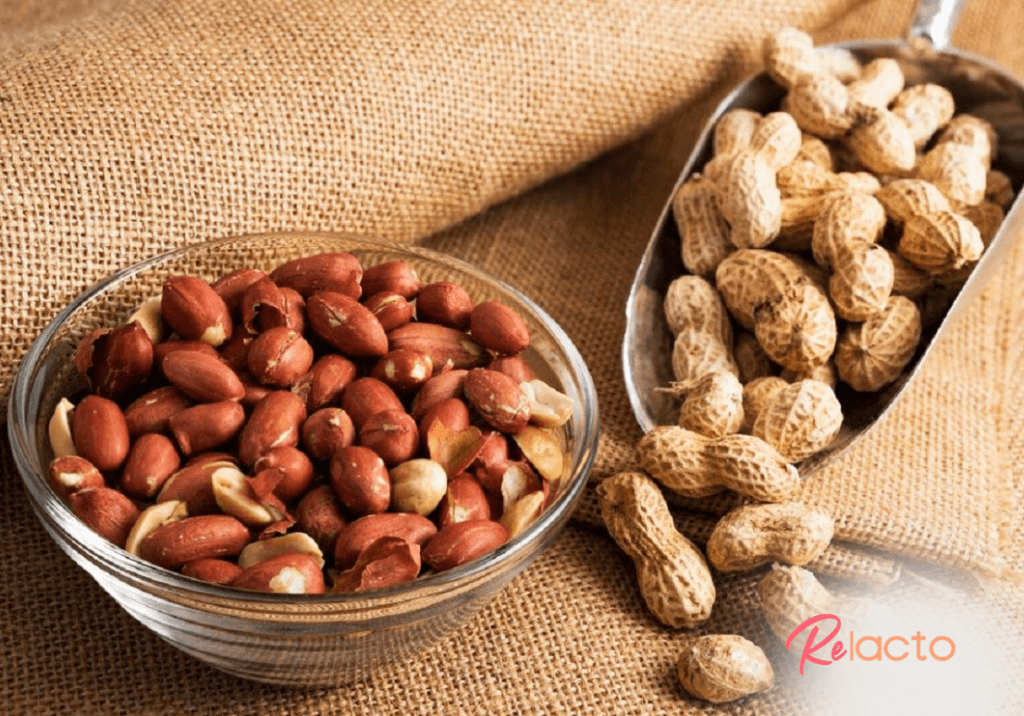
Early introduction from 4 to 11 months has been shown to reduce the risk of peanut allergy as compared to delayed introduction.
- Introduce your baby in the form of smooth peanut butter, (one to two teaspoon) 2-3x/week
- Peanut butter mixed with 2-3 teaspoon of warm water or vegetable puree and achieve consistency comfortable for the infant
Eggs
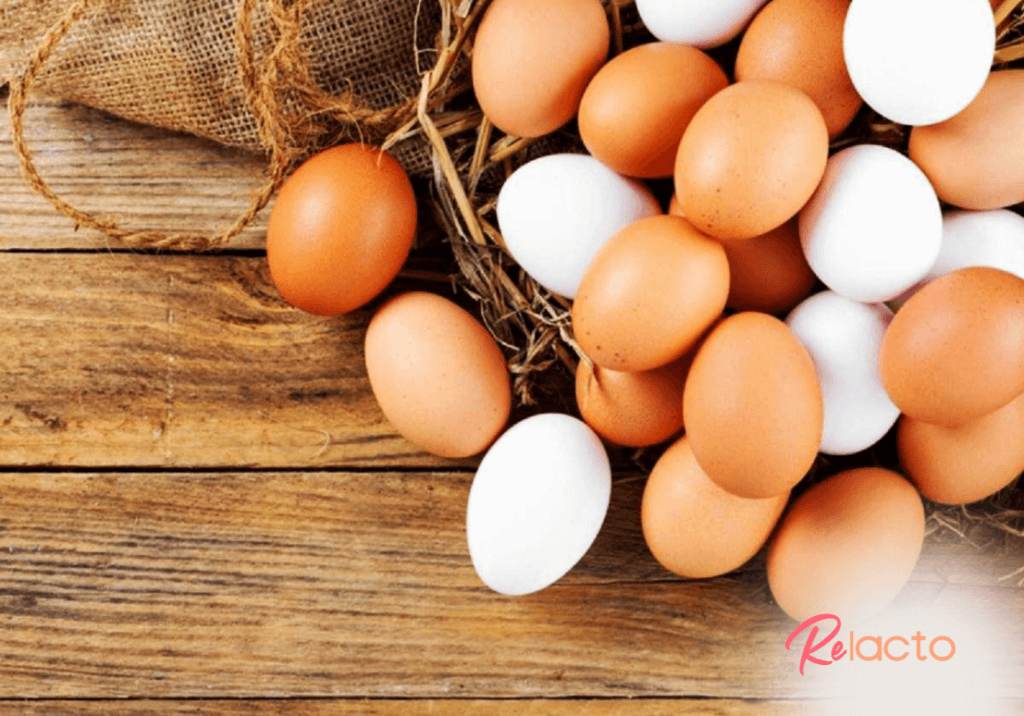
Early introduction of cooked eggs in infants at high risk of egg allergy is recommended. Otherwise, normal weaning practices can be followed (6 to 10 months).
- No raw egg should be given
- Introduce in the form of hard-boiled egg pasted into your baby’s usual food like vegetable puree.
- Start with ⅛ teaspoon and gradually increase to ¼ teaspoon on the next occasion if there are no allergic reactions.
In general, the other allergenic foods should apply the same concept as well. Starting in slow doses and gradually increasing over weeks and months. Remember to focus on one allergenic food at a time so that you will be able to identify easily which is causing an allergic reaction to your baby.
What to do if there is a reaction?
Most severe allergic reactions to foods will happen very soon after exposure. However, some milder reactions may take up to a few hours (usually around 2 hours) to become apparent. There can be multiple symptoms that reflect an allergy reaction like bloody stools, wheezing, losing breath, coughing, loose stool, vomiting and breaking out into hives. If you’ve experienced reactions before, your doctor likely prescribed an epinephrine pen (EpiPen) to use in cases of severe reactions. Use the drug as directed then call an ambulance or drive to the ER. Either way, be ready to do CPR if your baby stops breathing at any time.
The bottom line
Ask your paediatrician or dietitian if you are really concerned, especially when your baby is at risk of developing one where you or your partner may have an allergic reaction or your baby has a sibling that has a food allergy. Have these conversations before your baby starts weaning. Working with a paediatrician or dietitian can help you take specific and individualized precautionary measures as well as carry out appropriate allergic testing if needed.
On a side note, do check out Relacto sg meals and see how we’ve incorporated foods that boost breast milk like fennel, fenugreek, ginger, garlic, green papaya and moringa oleifera. All of these are great galactagogue foods to increase milk supply. Enjoy various milk-boosting ingredients incorporated into tasty fusion and traditional Chinese dishes from us!

